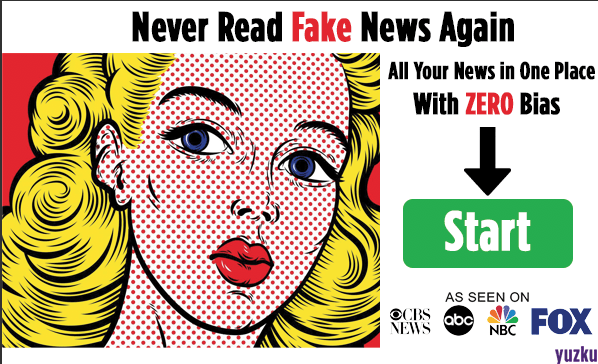Why “Social Distancing” is So Crucial

Unless your name is Patrick Star and you reside under a rock in Bikini Bottom, it is impossible to be incognizant of the fact the entire nation is currently and tenaciously combating a global pandemic known as COVID-19. This novel coronavirus has already taken 46,252 lives around the world and this number inevitably continues to rise. Populations around the nation have taken certain measures to withstand the outbreak, including the closing of schools and most businesses, and the locking of front doors in households. A term, “social distancing”, has become the normal way of life here in the United States - at least for those who do not wish death amongst themselves or their fellow neighbors. With that being said, it is important for everyone, including Americans, to understand that social distancing is one of the pivotal factors determining the amount of damage done in our communities.
Being in the infancy of this pandemic, the increasing numbers of cases and deaths are unavoidable, causing many to believe that social distancing is a pointless measure lacking to provide any beneficial outcome; however, these measures of distancing ourselves are working. Even as the matter continues to get worse, they are still working. This is not an opinion; it is a fact. An infectious disease epidemiologist at Yale University, Jonathan Smith, asserts this fact after having dedicated his life to understanding epidemiology: “Stay strong and in solidarity knowing that what you are doing is saving lives, even as people continue getting sick and dying.”
Smith goes on to explain that the institution of social distancing came with the overlooking of certain factors - most specifically, when considering groups of people. By locking themselves in their homes, it is obvious that people are decreasing contact with other members in their societies. However, the interactions between groups of people, or family members, are certainly increased. Considering this factor causes one to stay conscious of the fact that whatever they do, wherever they go, and whomever they come into contact with adds to the probability of a family member getting sick. When one puts oneself at risk, he/she is putting everyone they love and care about at risk. Smith defends this: “If your son visits his girlfriend, and you later sneak over for coffee with a neighbor, your neighbor is now connected to the infected office worker that your son’s girlfriend’s mother shook hands with.” Although unpleasant to think about, it is crucial for everyone to understand and maintain this mindset during this critical time.
Therefore, individuals’ awareness of the implications and strict maintenance of social distancing measures will not only benefit our communities dramatically and reduce the spreading of the disease, but also transform the way our history books will be written. Together, we can alter the future of our nation.



 RSS
RSS
